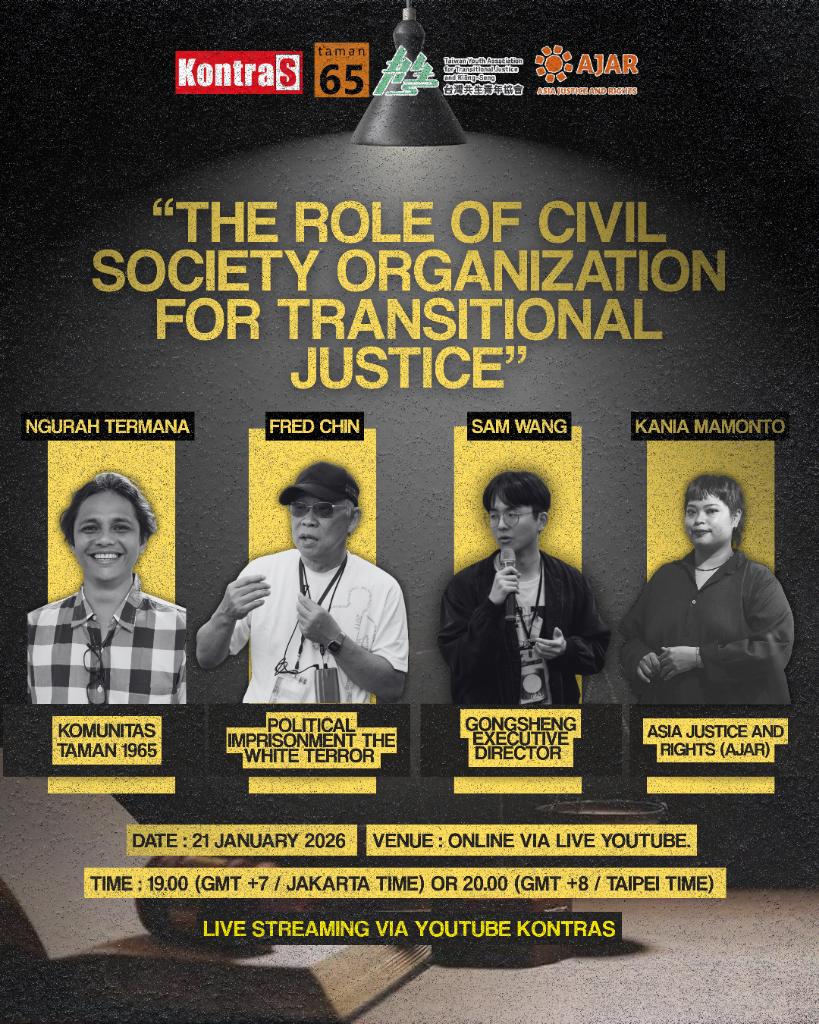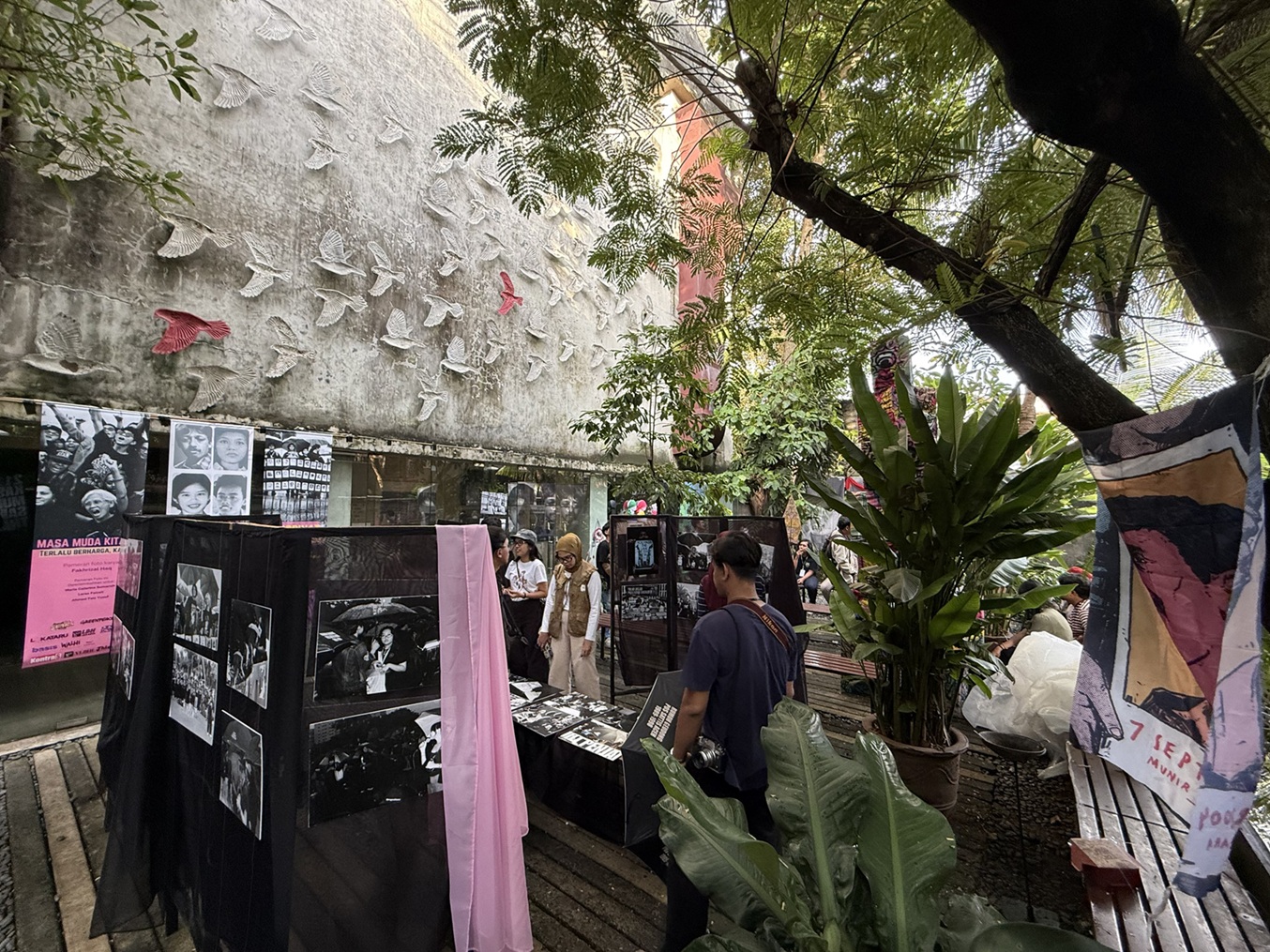Catatan 100 Hari Pemerintahan Prabowo Gibran - Impunitas dan Bersambungnya Derita Satu Dekade Kegagalan Jokowi
Dengan berakhirnya masa jabatan Presiden Joko Widodo pada 20 Oktober 2024, Komisi Untuk Orang Hilang dan Korban Tindak Kekerasan KontraS, menyajikan buku ini sebagai cerminan perjalanan sepuluh tahun yang penuh harapan sekaligus jalan terjal dalam penegakan hak asasi manusia di Indonesia. Buku "Dosa Impunitas" ini bukan sekadar catatan; ia merupakan refleksi mendalam tentang bagaimana janji-janji politik, komitmen, dan tindakan pemerintahan Joko Widodo selama dekade terakhir berkontribusi terhadap kondisi HAM di tanah air.
Dengan berakhirnya masa jabatan Presiden Joko Widodo pada 20 Oktober 2024, Komisi Untuk Orang Hilang dan Korban Tindak Kekerasan KontraS, menyajikan buku ini sebagai cerminan perjalanan kemunduran demokrasi serta hak asasi manusia selama sepuluh tahun di Indonesia. Buku "Dosa Demokrasi" ini merupakan sebuah catatan penting sekaligus refleksi tentang bagaimana situasi demokrasi di era pemerintahan Joko Widodo.
Merefleksikan 10 tahun kepemimpinan Presiden Joko Widodo (2014-2019) dan (2019-2024), Komisi untuk Orang Hilang dan Tindak Kekerasan (KontraS) menganalisis Politik luar negeri Indonesia di bidang HAM dengan memberi evaluasi tantangan besar di isu hak asasi manusia (HAM) regional dan global. Dalam 10 tahun ini, Kementerian Luar Negeri di bawah Menteri Retno L.P. Marsudi memainkan peran sentral dalam mengarahkan diplomasi HAM Indonesia di panggung internasional. Namun, perhatian Presiden Jokowi yang lebih terfokus pada politik domestik menyebabkan adanya jurang antara retorika internasional Indonesia dan pelaksanaan kebijakan di dalam negeri, terutama dalam bidang HAM.

On Thursday, 15 January 2026, the Civil Society Coalition Against Impunity which consists of the Indonesian Legal Aid Foundation (YLBHI), Kalyanamitra, the Indonesian Chi ....
Pada tanggal 18 Januari mendatang, Aksi Kamisan genap berusia 19 tahun. Sembilan belas tahun telah berlalu sejak Aksi Kamisan pertama kali digelar di depan Istana Negara. ....
On 15 January 2026, the Thursday Rally (Aksi Kamisan) marked its 893rd Kamisan gathering as well as commemorating its 19th year in front of the Presidential Palace. This ....




Built with all the 💖 in the world by Kontras situs gacorslot gacorSlot Gacor MaxwinLink MaxwinSitus Slot GacorSitus Slot Gacor MaxwinLink Gacor Terpercaya 2025